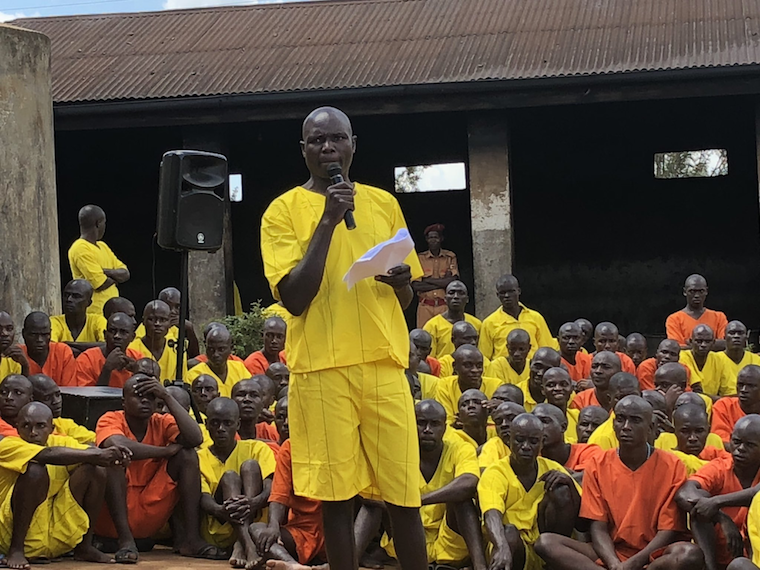The Uganda Prisons Service is facing severe challenges, including overcrowded facilities, inadequate infrastructure, and health risks, according to the annual audit report presented by Auditor General John Muwanga to Parliament. The report reveals that several prisons across the country are experiencing overcrowding, with Isingiro, Yumbe, Hoima, and Fort Portal being the most affected, with overcrowding percentages ranging from 573% to 802%.
The audit report emphasizes that prisoners on remand constitute 49% of the overall prisoner population of 76,041, exacerbating the issue of overcrowding. The conditions in detention facilities are further complicated by the inadequate housing of prison staff, with 56% of them residing in dilapidated houses, semi-permanent structures, uniports, and grass-thatched houses.
During the financial year 2022/23, approximately UGX 109.98 billion was spent on direct and associated costs for the management of detention facilities. However, Muwanga notes that the Uganda Prisons Service planned to fence seven prisons but had completed the fencing in only three of them.
Several other challenges were highlighted in the audit report, including a shortage of trainers for prisoner rehabilitation, inadequate tools and materials for training exercises, and the absence of a rehabilitation policy. The report also indicates that only five out of 19 regional prisons had daycare centers, leaving incarcerated mothers in 14 regions without access to these services.
Health-related concerns were raised, with three prison stations lacking proper places for the care and reception of sick prisoners. Additionally, out of the required 1,519 health staff in 55 health facilities, only 217 staff were employed, leading to a severe staff shortfall. The lack of isolation centers for prisoners with transmittable diseases in 46 out of 55 prisons poses health risks to both inmates and staff.
Auditor General John Muwanga advised the prison management to collaborate with key stakeholders to address challenges related to funding, staffing, and infrastructure. He also recommended the exploration of alternative justice options, such as plea bargains, parole, bail, and speedy investigations, to alleviate the burden on the prison system.




















